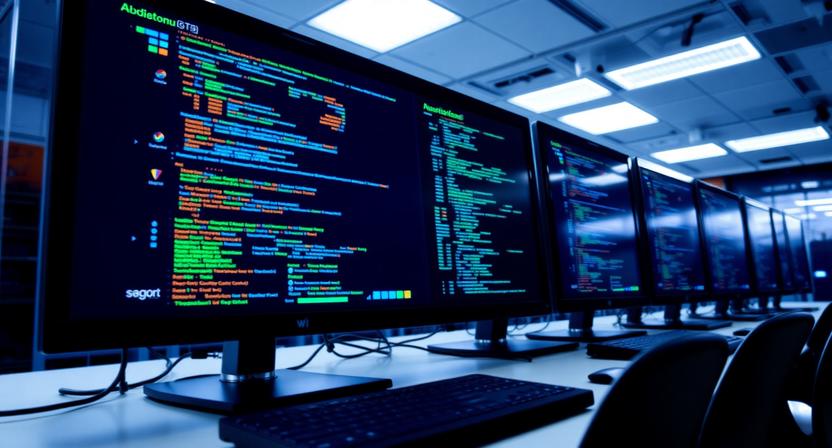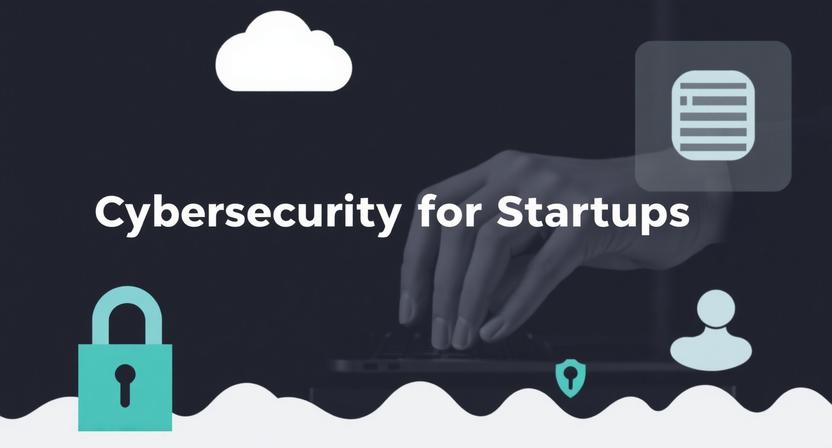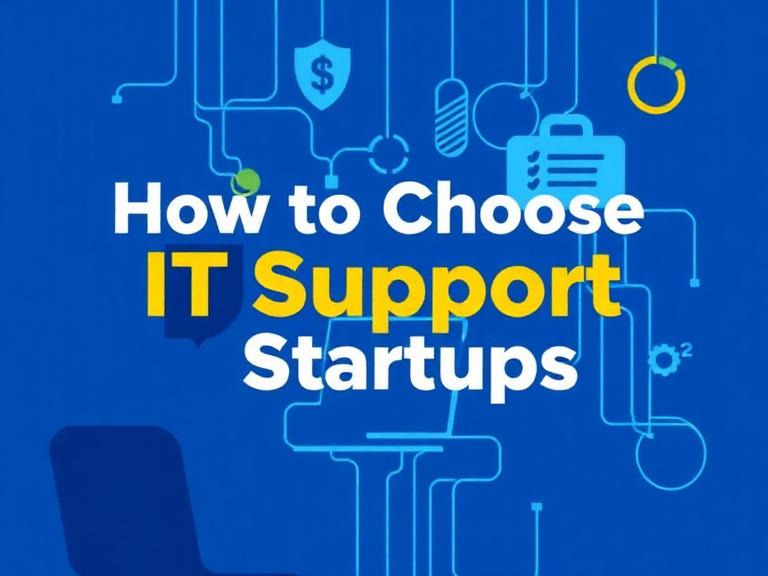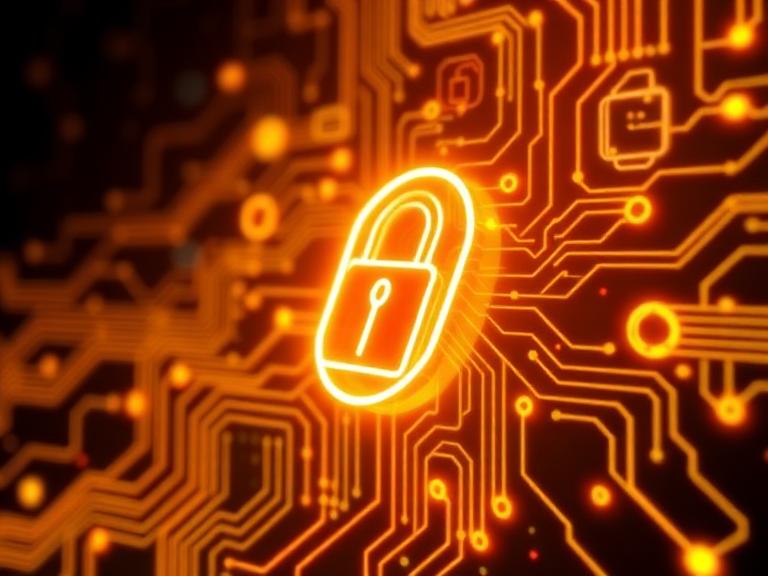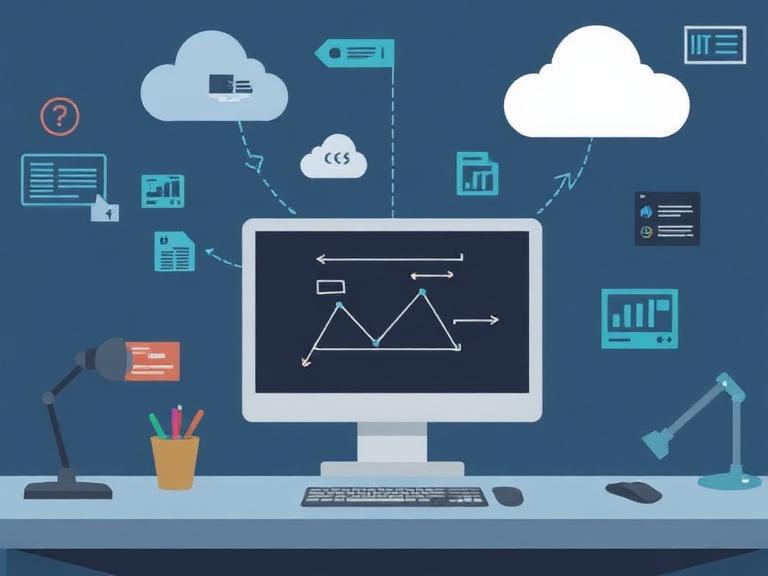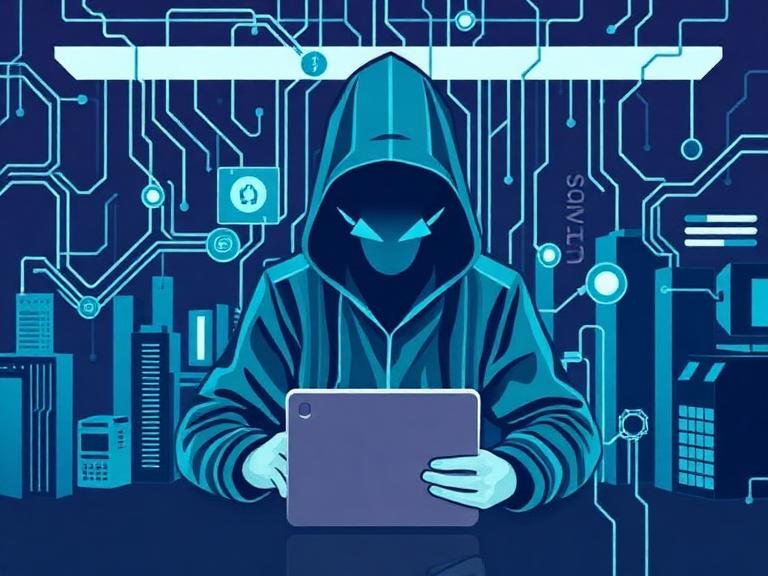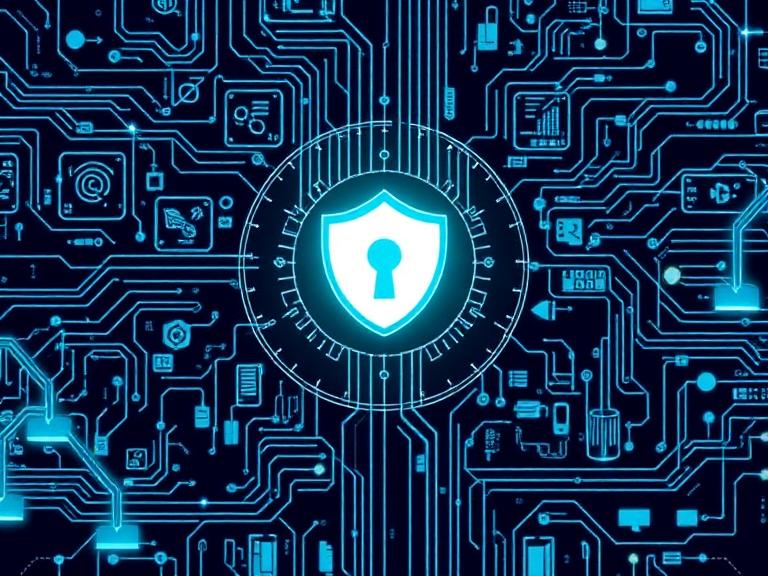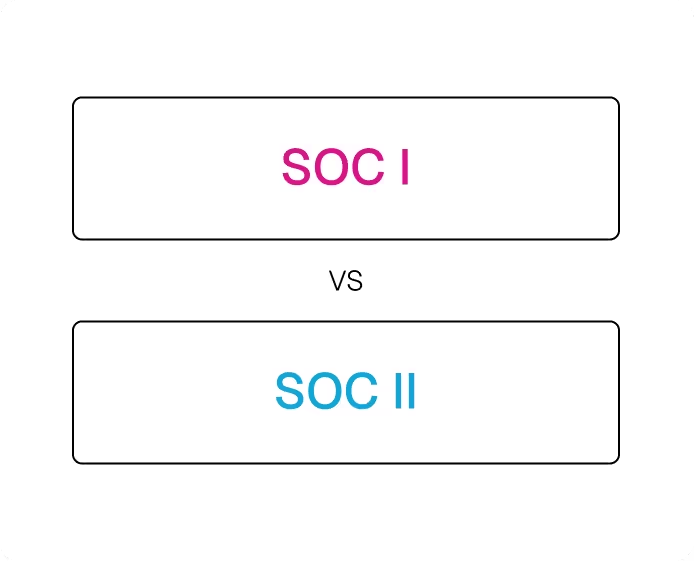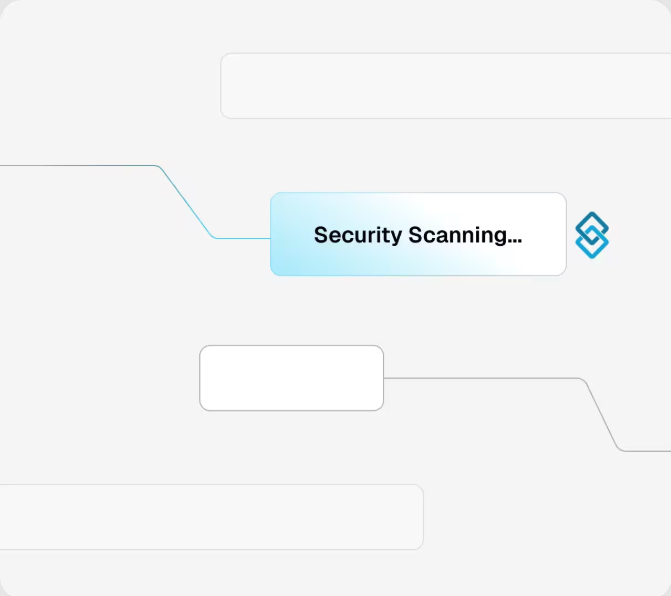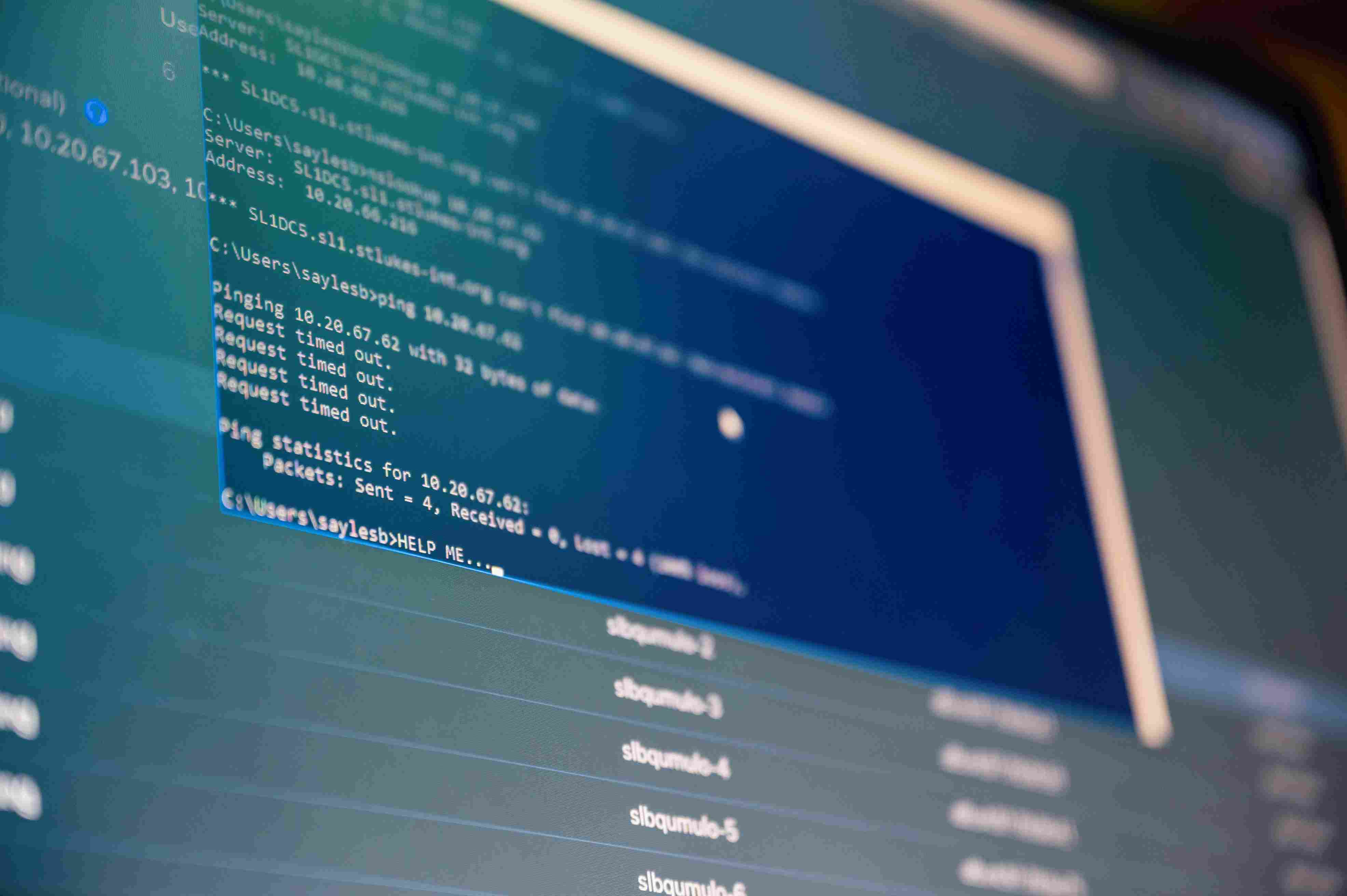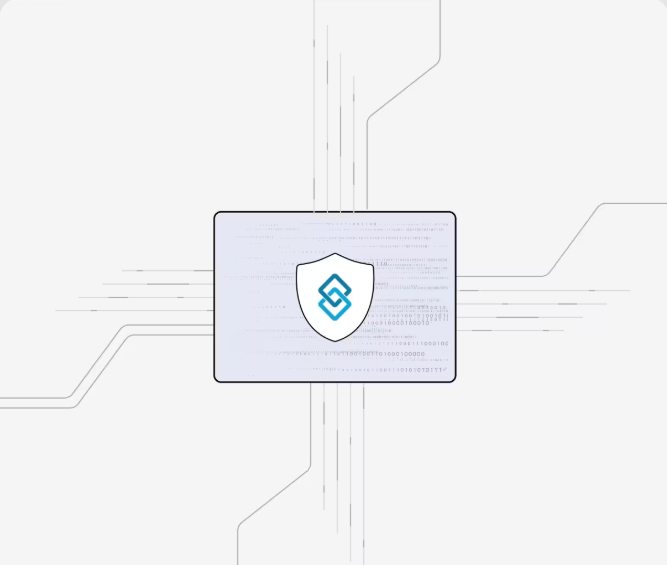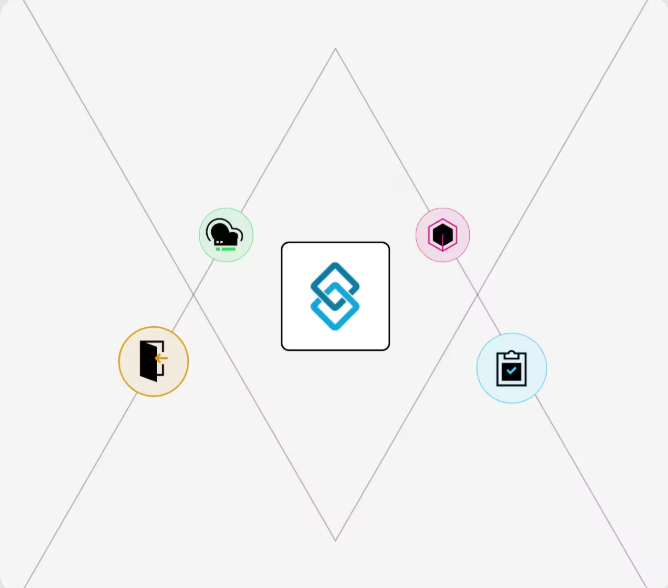What Is a vCISO
A vCISO (Virtual Chief Information Security Officer) is a part-time or on-demand security expert who helps startups build and manage their cybersecurity strategies without the high cost of a full-time CISO. They strengthen data protection, ensure compliance, and build investor and customer trust while aligning security with business growth. For startups handling sensitive data or seeking funding, a vCISO provides scalable, expert guidance that enables safe and confident expansion.
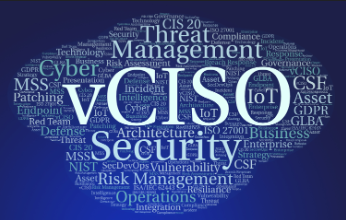
What Is a vCISO and Why Do Startups Need One?
In the high-speed startup world where cybersecurity often falls by the wayside as the startup founders are preoccupied with growing their product, gaining customers, or acquiring investors. A single cyber incident would destroy several months or a year of work with no solid security leadership. What is a vCISO? vCISO, or Virtual Chief Information Security Officer, allows us to work with an experienced security expert without the high costs of full-time leadership.
Key Takeaways
- A virtual Chief Information Security Officer is a professional who helps a startup manage or assess its cybersecurity strategy and compliance.
- It's a flexible and cost-efficient option for early-stage companies.
- A vCISO establishes trust among investors, customers, and stakeholders.
- Security leadership supports growth, not just protection, by helping to safeguard your business needs.
- Expert guidance can help every startup improve its security posture.
Startups Are Big Targets
Startups are also a whitespace here, as they move faster, often store valuable customer or financial data, and do not yet have the structure of the company to be able to detect any threats early. A single ransomware attack one data leak can drain all funds, damage your reputation, and thereby slow down your growth.
And more and more, investors and clients take a closer look at how young companies are protected. Security review is included in many fundraising and partnership discussions. Having a clearly thought-out and professional approach to managing risks sets your company apart.
Understanding What a vCISO Is
A Virtual Chief Information Security Officer, or vCISO, is a security leader who works with a company on a part-time or on-demand basis. Instead of hiring a CISO full-time, which can cost six figures annually, a startup can bring in a vCISO to set strategy, guide compliance, and manage risks effectively.
They help define security goals, assess weaknesses, and create policies to protect systems and data. Most vCISOs also train teams, manage incidents, and support compliance efforts for standards like SOC 2, HIPAA, or ISO 27001.
Think of a vCISO as a trusted partner: they translate complex cybersecurity matters into business decisions that make sense for your goals.
Why Startups Need a vCISO
Startups grow fast. There are new hires, tools, and customers every week, and it is advisable to monitor the security of the information with an in-house CISO or vCISO. There's so much movement that security falls behind. A virtual CISO helps your team keep its eyes on building while making sure your business stays protected.
They bring structure to your security program and fulfill all relevant requirements for compliance. From setting access controls to reviewing vendors for risks, a vCISO builds a foundation that will scale with your company.
For startups in preparation for funding or enterprise partnerships, engaging a vCISO makes a big difference. Investors want to be sure that your data is safe, and that is why engaging a vCISO provides essential security measures. Large customers mostly require security questionnaires and audits before signing contracts. With a vCISO, you will be sure that you can answer those questions with confidence.
The Value They Bring
Outsourcing a vCISO from a reputable provider, such as a vCISO, is critical to providing the required oversight of your security strategy. Sentant provides deep experience for startups without the hefty price tag. Instead of day-to-day management, your team receives expert direction from a cybersecurity expert who fits your goals and budget.
A virtual CISO devises security plans that scale with your growth. They identify and prioritize what really matters: protecting customer data, securing your product, and meeting compliance goals in the process. With them, you will incrementally work toward developing a mature, scalable program.
This isn't just about defense: strong security posturing, underpinned by vCISO services, can be a business differentiator that helps you win contracts, gain investor confidence, and avoid risks that will hold back expansion.
When to Bring One In
This is the perfect time if your organization handles customer data, wants to raise funding, or is expanding its operations into new markets. Some indications that you might need a vCISO include:
- Unclear security responsibilities
- Lack of incident response planning
- Gaps in compliance or risk management
- Customers are demanding proof of security practices
As such, a vCISO can start small—maybe just a few hours a week—and scale up as your business grows. They work side by side with your leadership to set direction, watch how your team is doing, and make the decisions needed to protect both your people and your data.
Choosing the Right vCISO
When looking for a vCISO partner, experience matters. The best vCISOs have worked across industries, know the compliance frameworks, and can adjust to your stage without the baggage. Find someone who listens, speaks so you comprehend, and considers value over checklists in the long term.
Ask questions like:
- What industries have you supported?
- How do you measure security progress?
- What’s your process for incident response and reporting?
A good vCISO should be an extension of your leadership team, keeping you aligned with business goals. They keep you making smart decisions that balance security with growth.
Security Is a Growth Enabler
With startups, security is no longer optional- it’s a foundation for trust. Your vCISO guarantees you have the right strategy, controls, and mindset from the get-go. Working with the experts at Sentant, you will keep your company secure while scaling smoothly and creating a name that investors and customers can trust.
Ultimately, the question of what a vCISO is becomes not a question of 'what' the function does; it's about what it enables. It gives startups confidence to grow safely, win deals faster, and stay ready for whatever comes next.
FAQs
1. What does a vCISO actually do for a startup?
The vCISO helps to build and manage a company's cybersecurity program, ensuring that policies, tools, and training protect the business.
2. Is a vCISO a full-time employee?
No, as a rule, a vCISO works part-time or on a contract, thus giving startups flexibility and reducing costs.
3. How much does a vCISO cost?
Costs vary depending on scope and company size, but the bottom line is that most startups spend far less than hiring a full-time CISO.
4. Can a vCISO help with compliance?
Yes. They prepare startups for audits and certifications like SOC 2, HIPAA, or ISO 27001.
5. When should a startup hire a vCISO?A vCISO should be part of the strategy the moment customer data is handled, funding is sought, or scaling is planned.
Will Pizzano, CISM is Founder of Sentant, a managed security and IT services provider that has helped dozens of companies achieve SOC 2 compliance. If you’re interested in help obtaining SOC 2 compliance, contact us.

